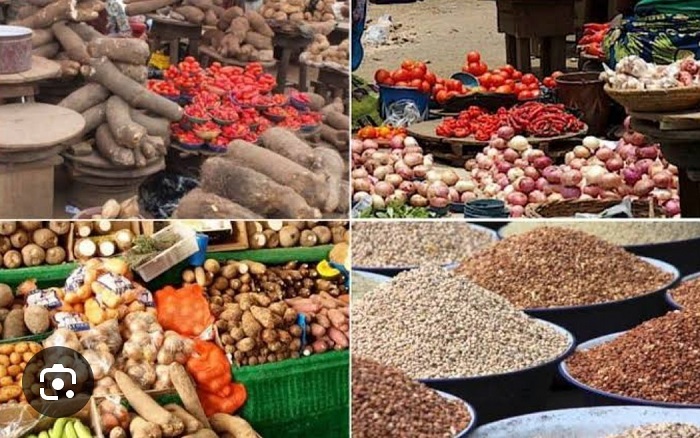-Sulaiman Auwal Marshall
Nigeria, a country blessed with abundant agricultural resources, has been grappling with the persistent challenge of high food prices. This issue has created a rift between Nigerian business owners and consumers, each side holding a different perspective on the underlying causes and potential solutions.
From the business owners’ pointview rising cost of foodstuff is a complex issue driven by a myriad of factors beyond their control. They argue that the increasing prices of raw materials, transportation, and energy have significantly impacted their operational costs, leaving them with little choice but to pass on these expenses to the consumers.
“The cost of diesel, fertilizers, and other essential inputs has skyrocketed in recent years,” laments Alhaji Musa, a prominent rice distributor in Lagos. “We’re barely making a profit, and any attempt to maintain our previous prices would simply put us out of business.”
Business owners also point to the challenges posed by the country’s aging infrastructure, which has led to significant post-harvest losses and inefficiencies in the supply chain. “Our roads are in disrepair, and the lack of adequate storage facilities means that a significant portion of our produce goes to waste before it reaches the market,” explains Amina, a vegetable farmer in Kano.
On the other hand, consumers, particularly the lower-income segments of the population, are struggling to make ends meet as the cost of basic foodstuffs continues to rise. They argue that the business owners are exploiting the situation and profiteering at the expense of the people.
“It’s unacceptable that the prices of staple foods like garri, rice, and beans have more than doubled in the past year,” laments Fatima, a mother of four in Abuja. “We’re barely able to afford a decent meal, and the government needs to step in and regulate these prices.”
The government’s role in this ongoing debate has been a source of contention. Some consumers believe that the government should intervene more actively, either through price controls or subsidies, to ensure that food remains affordable for the masses. However, business owners argue that such measures could further disrupt the market and lead to unintended consequences, such as shortages and black market activities.
Resolving this life misunderstanding will require a collaborative approach that addresses the root causes of the problem. Investments in infrastructure, modernization of the agricultural sector, and the implementation of policies that support both producers and consumers could help bridge the gap and ensure that Nigerians have access to affordable and nutritious food.
As the debate continues, it is crucial that both sides approach the issue with empathy, understanding, and a willingness to find common ground. Only then can Nigeria truly overcome the challenge of high food prices and ensure food security for all its citizens.
Marshall writes in from Kano


Comment here